I Love Free Software +++ Public authorities in Fediverse
mercredi 8 février 2023 à 00:00I Love Free Software +++ Public authorities in Fediverse
In this issue we invite public institutions to join free, decentralised social networks. Watch our info-session on German municipalities using Free Software. An FSFE volunteer doubts the reliability of AI-generated text. I Love Free Software Day is just around the corner. Celebrate with us!
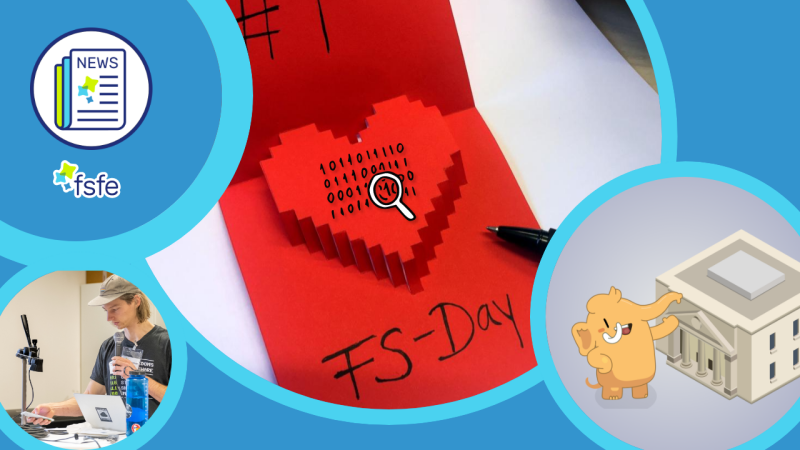
I Love Free Software Day
We know you love Free Software. We do too. Think of the program that means the most for you, or one that positively surprised you this year. Share a ‘thank you’ message on the 14th of February with #ilovefs to show your appreciation to its contributors. We celebrate ‘I Love Free Software Day’ with events too. Join us here:
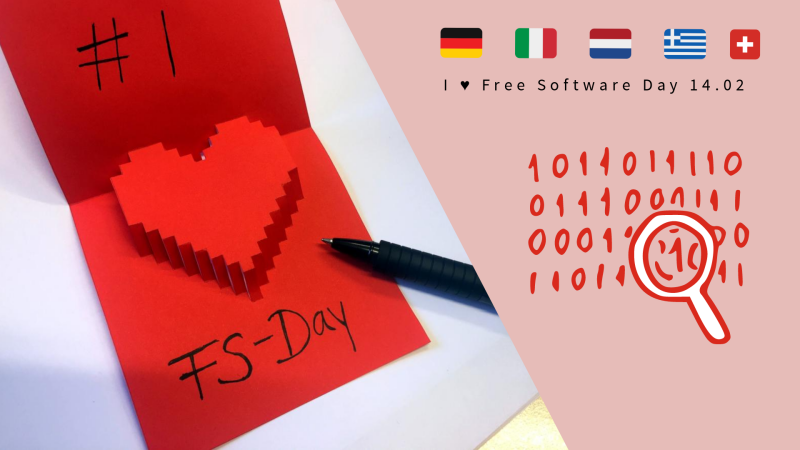
- 🇩🇪 Germany - Berlin, Frankfurt a.M., Bonn, Hamburg
- 🇬🇷 Greece - Thessaloniki
- 🇮🇹 Italy - online, Merano
- 🇳🇱 Netherlands - Arnhem
- 🇨🇭 Switzerland - Zurich
Invite public bodies to the Fediverse
If public bodies are on social networks they should also talk with Fediverse users. FediGov, the campaign of the FSFE’s Swiss country team and GNU/Linux.ch, asks public bodies to use Mastodon, Pixelfeld and Peertube. Join the campaign and demand that your public institutions use ethical communication channels. The European Commission and several EU public institutions are already on Mastodon.
Video and mailing list on German municipalities
Dortmund is opening a new chapter in Free Software governance and inspiring municipalities across Germany. The recording of the dedicated event we hosted on 11 January 2023 is now online. Are you interested in Free Software and working in a municipal administration or in politics? Join our new mailing list to exchange information about Free Software in local institutions!
A word from the Planet
Watermarks that can verify whether a text was produced using AI, the provision of sources that led to the output of the text, or the count of back-references to a page can increase trust in AI- generated texts, according to FSFE suporter Vincent Lequertier. You can follow the thoughts of members of the FSFE community in our Planet.
Past events
- Last weekend we were at FOSDEM 2023 with a booth and various talks.
- We have held several Upcycling Android workshops and now it is your turn! Do you want to organise a workshop and teach others how to flash phones? Check out our train the trainers workshop. Marvin, one of the speakers, said in a recent interview that despite the imperfections so far, GNU/Linux systems on phones have the highest potential to extend the life of devices without running into security problems.
- Raul Masu presented ‘Public Money? Public Code!’ at LibreItalia Conference in Empoli in December 2022.
Groups
Germany: The FSFE local group in Bonn met online on 9 January. The group discussed how to make large amounts of data (JSONs) searchable in a browser and how to integrate Free Software Text-To-Speech into a blog. The question of coding without a 'real' computer led to a brief look at Android IDEs for mobile app development. Kilux and Chemnitzer Linux Tage might be good opportunities to meet besides FrOScon. The group is also interested in free musical instruments, this time featuring an opentheremin. Meanwhile, the FSFE local group in Berlin was discussing with the youth Free Software in schools and the benefits of the AlekSIS system.
Greece: In January the group discussed practices about translating Free Software into Greek. The group shared collaborative translation platforms and glossaries.
Netherlands: The government released the code of DigiD, the identity verification app. This great news comes after some months of advocacy by the team. This victory was therefore the main topic of the last monthly meeting, in January.
Switzerland: After a successful launch of the FediGov campaign, the Zurich group discussed next steps. Creating a Mastodon instance for public institutions in Switzerland or contacting data protection officers are ongoing ideas.
Women: In January the FSFE Women group discussed the Python tools Conda, Poetry, and mypy.
Translators: 337 FSFE translations in 2022! Our exceptional translators team has created 337 new files in 2022. The leader is Italian with 120 new pages, followed by Dutch, German, Spanish, and Portuguese. Get involved by proofreading or translating our material.
Contribute to our Newsletter
If you would like to share any thoughts, pictures, or news, please send them to us. As always, the address is newsletter@fsfe.org. We're looking forward to hearing from you! If you also want to support us and our work, join our community and support us with a donation or a monthly contribution. Thanks to our community and all the volunteers, supporters, and donors who make our work possible. And thanks to our translators, who enable you to read this newsletter in your native languages.
Your editor, Fani Partsafyllidou
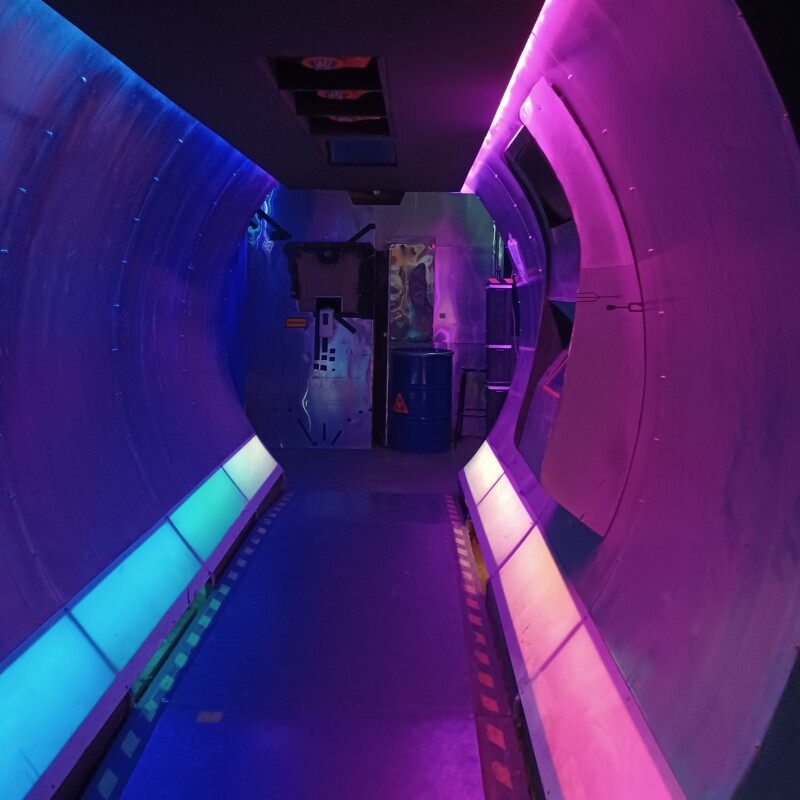
 Webathon in Frankfurt, 2019
Webathon in Frankfurt, 2019
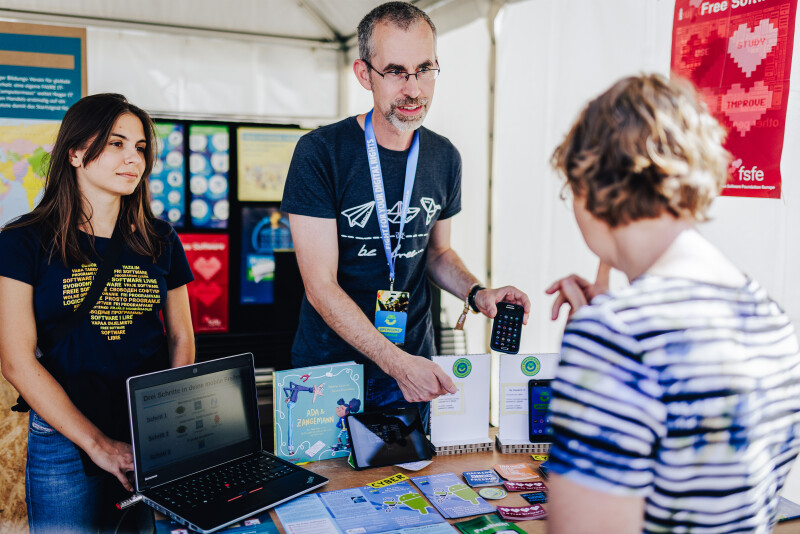
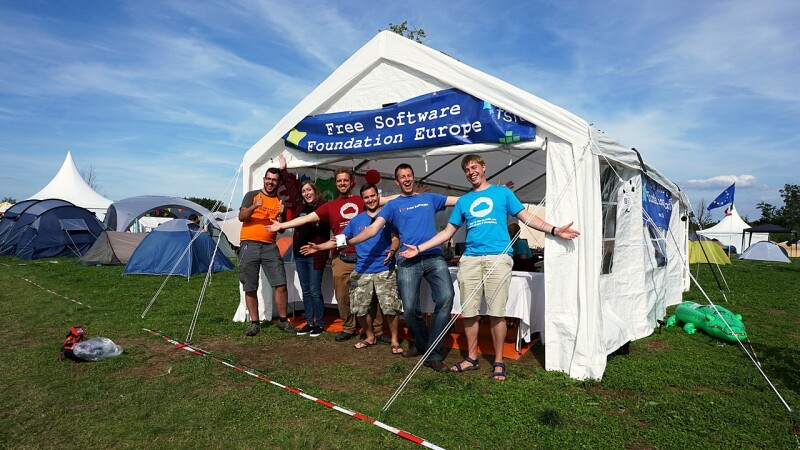
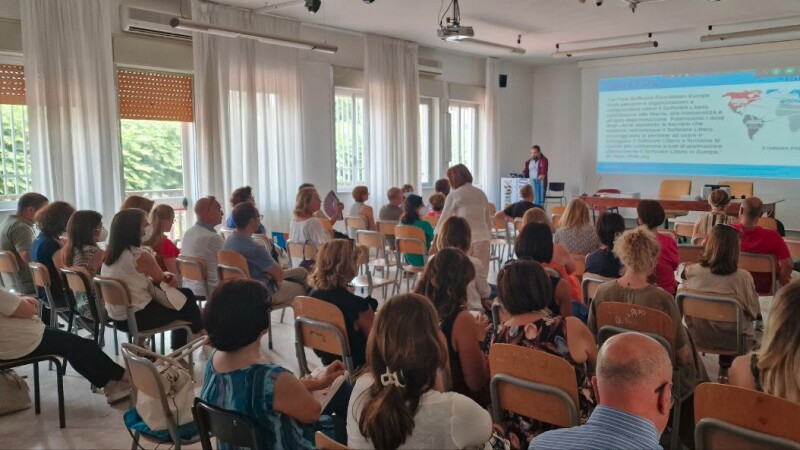
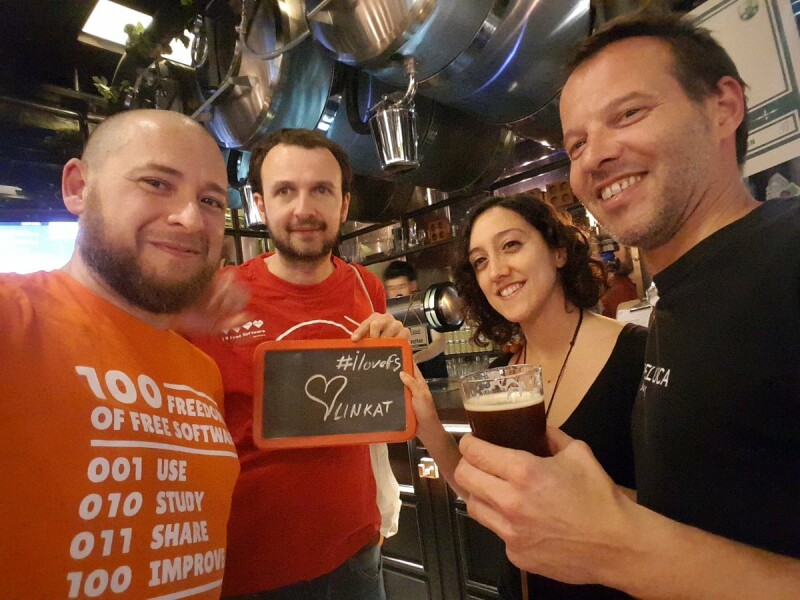 Free Software advocates celebrating the ‘I Love Free Software Day’ in Barcelona, 2019.
Free Software advocates celebrating the ‘I Love Free Software Day’ in Barcelona, 2019.



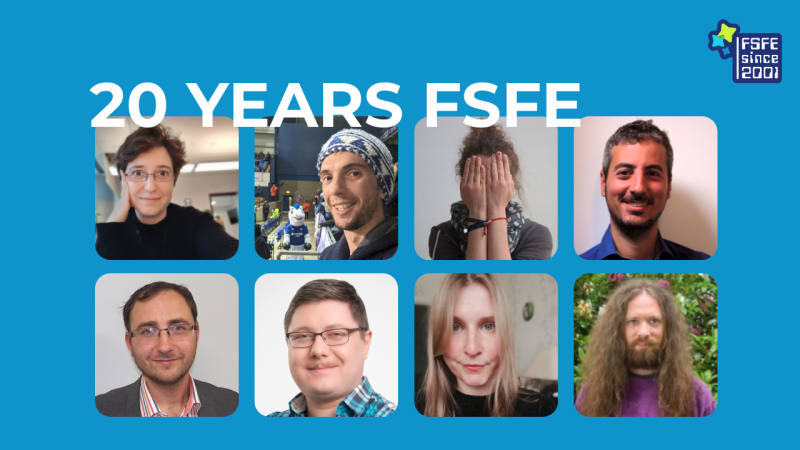 A thank you note to past FSFE interns
A thank you note to past FSFE interns